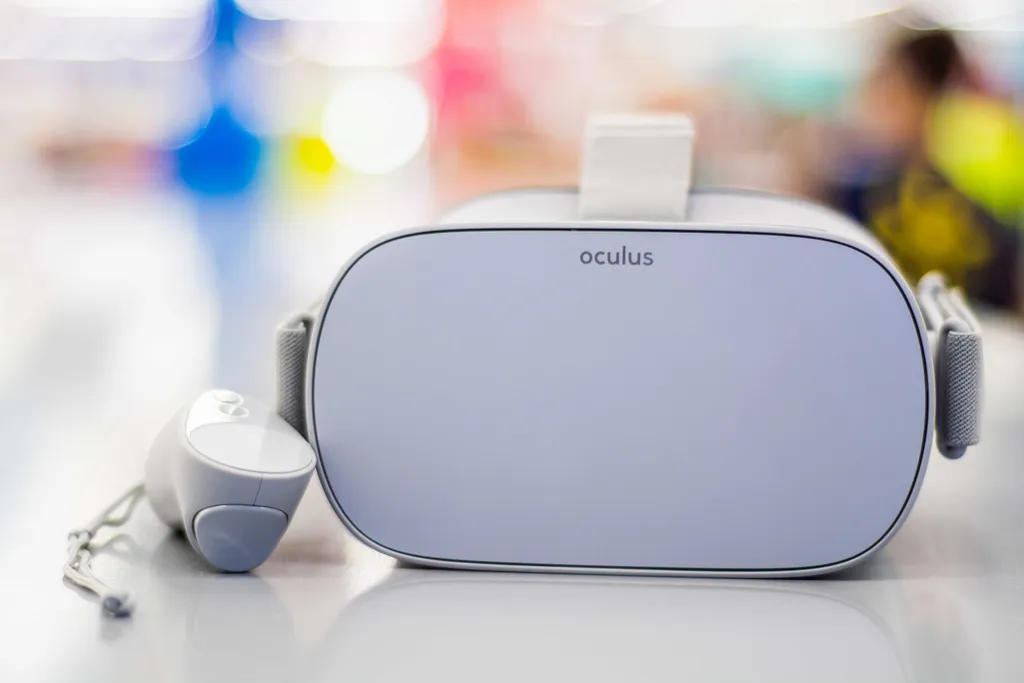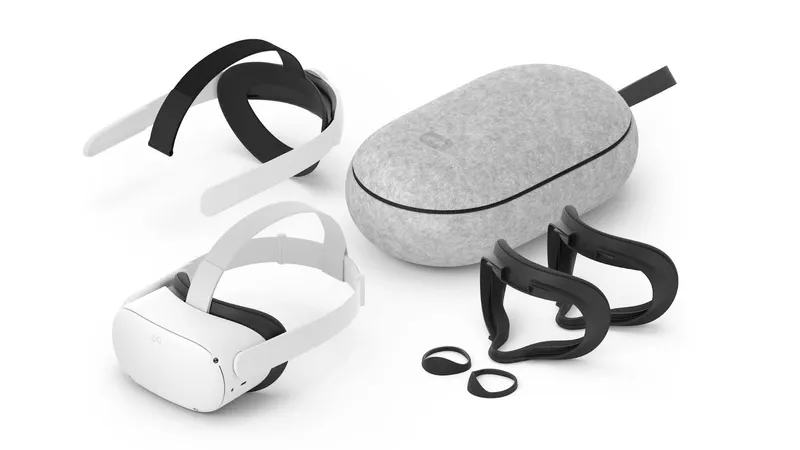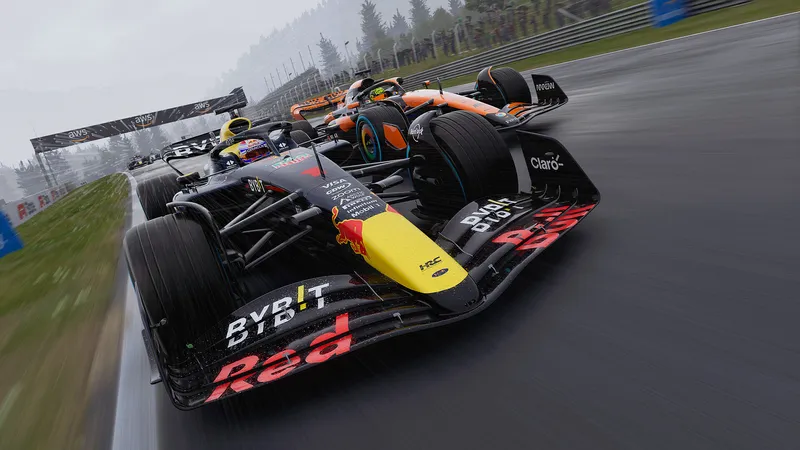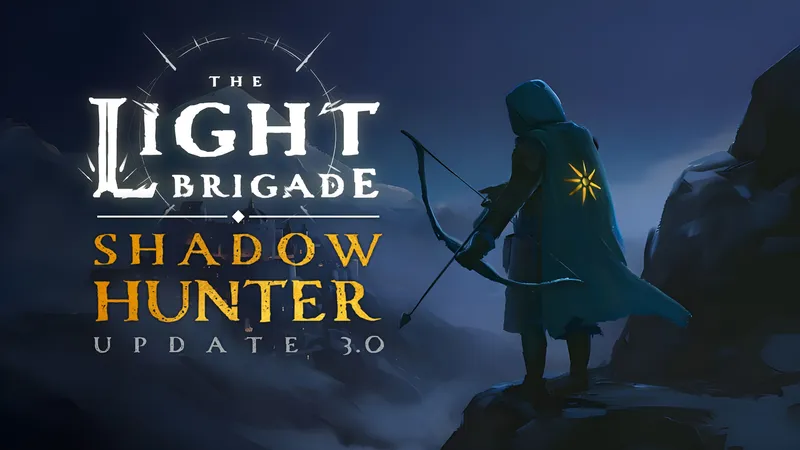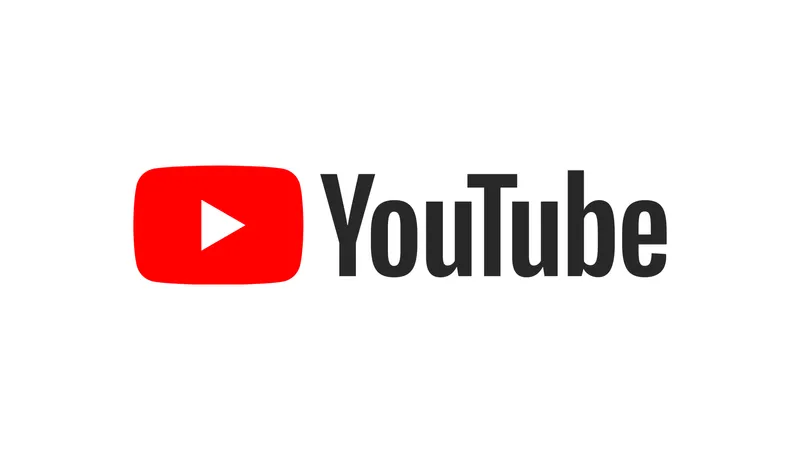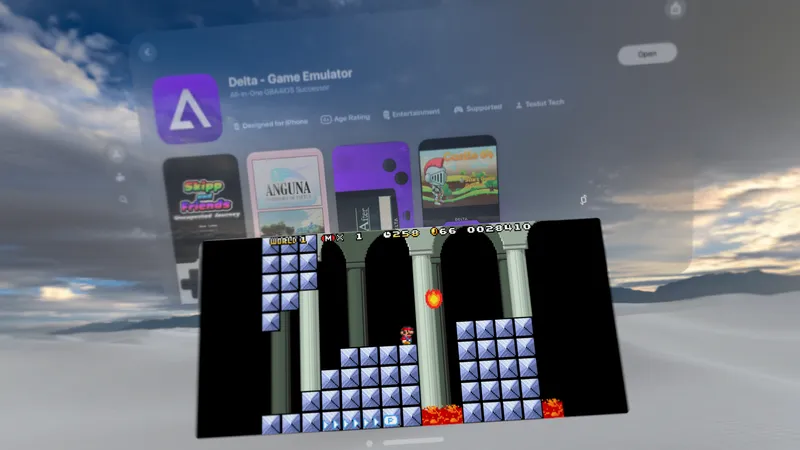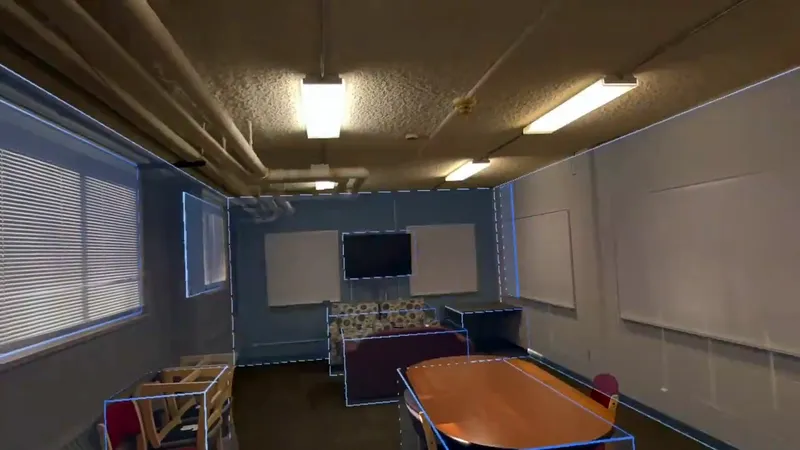Oculus CTO John Carmack finished his day two keynote mid-sentence at Oculus Connect after talking continuously for an hour and a half.
It takes time to digest a Carmack keynote but you can now rewatch at your leisure below. If you’d rather not watch, we’ve broken out five key takeaways below related to Oculus Go.
Oculus Go is retaining users like Rift does
Carmack said Gear VR users typically stop using the device after initially enjoying it, while Rift users have shown a tendency to come back to play VR week after week.
With the standalone Oculus Go, however, Carmack says retention levels are closer to what the Rift is seeing. They don’t know the cause yet, but theories include the fact that people often think about the battery life of their phone before slotting it into a VR headset. Battery life is still a problem with Oculus Go, but you don’t have to worry about draining the most important gadget in your day too quickly if the device is separate.
“People come back to Rift week after week” says @ID_AA_Carmack. Surpassing even his expectations, though, Carmack says Oculus Go “is retaining as well as Rift.” #OC5
— Upload (@UploadVR) September 27, 2018
Oculus Go sells more $250 units than $200 ones
This was a surprise that doesn’t really seem like a surprise in retrospect, but a majority of buyers choose to spend the extra $50 to double the storage on Oculus Go from 32 GB to 64 GB, according to Carmack. The 32 GB version sells for around $200 while the 64 GB version sells for around $250.
The higher storage capacity 64 GB Oculus Go headset ($250) has sold more units than the 32 GB ($200) entry level device, according to @ID_AA_Carmack #OC5
— Upload (@UploadVR) September 27, 2018
Casting will dramatically upgrade the Oculus Go experience
We’ve been asking Carmack about casting the view from Oculus Go to a nearby phone for months now and it seems the feature is finally nearing release. Carmack believes the feature will end up being “a big win” for Oculus as it will give people a lot of reasons to share their VR experiences with friends and family, including advising or accompanying a player through their experience.
Battery life would be the biggest priority in an upgraded Oculus Go
Of all the things which could be improved about Oculus Go, Carmack suggested battery life would be the top priority in any theoretical second generation of the headset.
That’s right, Carmack actually suggested Oculus Go could get a second generation. Aside from the fact that fixing this problem would dramatically improve Go, this is the first time we’ve heard someone at Oculus suggest the device could see future upgrades with new hardware.
Oculus Wants To ‘Defy Distance’ With TV
Oculus’ new mission to ‘defy distance‘ is playing itself out on Oculus Go as Facebook focuses on making a quality co-watching experience for television. The goal is so that it genuinely feels like you are sharing a room with a friend and watching TV together. It’s a big goal with some very hard problems to solve along the way. Nonetheless, Carmack made it clear that it’s a very high priority to get this feature right.

